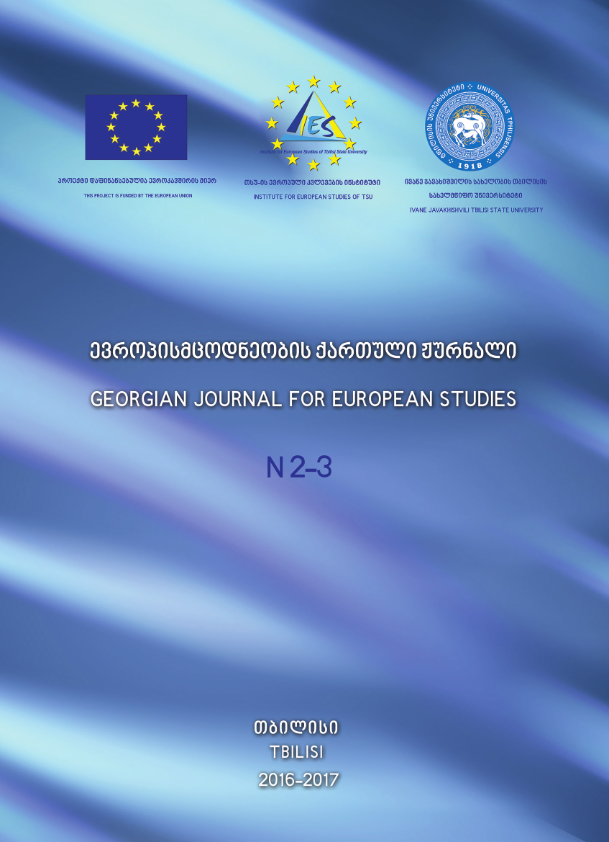The Political Construction of National Identity and History Writing: The Cases of Czech Republic and Slovakia
Abstract
After the Velvet Revolution in 1989 and the following the Velvet Divorce in 1992, the Czech Republic and Slovakia both had to come to terms with their communist past, in which a totalitarian regime (re)created a particular national identity to legitimise its existence. In particular, it sought to influence and mobilise the minds of its people to build popular support for their actions. As it is demonstrated in the paper, political and educational elites shaped a distinct collective memory and thus, identity. Within this context, this study considers the periods before and after the Velvet Revolution and the respective identities for these periods. In this regard, I will focus on the creation of distinct national identities through the rewriting of history as a legitimising factor of identities. The main research question is related to how history is used and misused by official sources, specifically: How did the political elite construct Czech, Slovak and Czechoslovak national identity to legitimise its actions? I will focus on Czech, Slovak and Czechoslovak identities through analysing the language and constitution within the respective political constructs. The goal of this study is to prove based on the Czech and Slovak cases the claim widely accepted in the academic scholarship, that the construction of national identity is tightly connected to a political (re-)interpretation of history and hence, influences the process of history writing.


